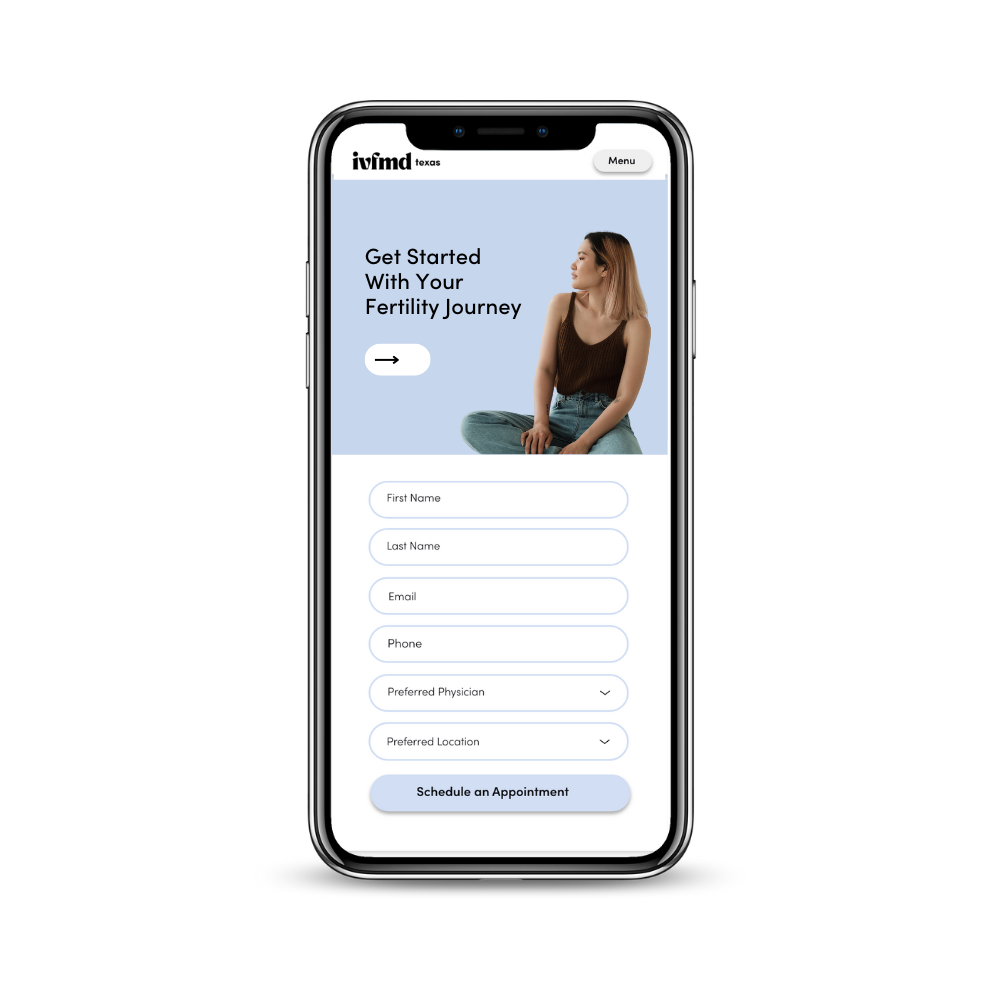Complete an initial fertility assessment (pre-treatment)
Prior to beginning cancer treatment, your fertility specialist will meet with you to discuss your family planning goals and evaluate your fertility. During this appointment, we recommend completing a full fertility assessment, which will help indicate which fertility preservation options will be most appropriate for you.
Decide on your treatment and fertility preservation plan
Due to the time sensitive nature of cancer treatments, our fertility specialists will work to provide an expedited fertility preservation plan so that you can move forward with treatment as soon as possible. It is important to note that the fertility preservation process can take 2-3 weeks to complete, which will delay your cancer treatment.
Collect eggs or sperm (if applicable)
Depending on your chosen fertility plan, you may need to go through the egg retrieval or sperm collection process prior to beginning cancer treatment. You can learn more about Egg Freezing and Sperm Freezing here. If you plan to use donor eggs and/or sperm, you can learn more about Donor Egg IVF and Donor Sperm IUI.
Reevaluate your fertility (post-treatment)
After the successful completion of cancer treatment, you will meet with your fertility specialist to reevaluate your fertility. Most physicians recommend waiting at least 6 months post-treatment before attempting to have a child. Certain cancer treatments can cause lingering damage to eggs and sperm cells, which can enhance the risk of birth defects or miscarriage. It is important to consult with your fertility specialist to determine when it is safe to proceed with your family building plan.
FAQ
Will my cancer treatment plan affect my ability to have children?
While a cancer diagnosis can be devastating, it does not always mean you can’t have children after treatment. Prior to beginning treatment, it is important to communicate your desire to have children to your oncologist so he/she can refer you to a reproductive endocrinologist to evaluate your fertility preservation options.
What steps can I take to protect my fertility during cancer treatment?
Depending on your health history, treatment plan, and family planning goals, there are various fertility preservation options available to you. Schedule a consultation with one of the fertility specialists at IVFMD to learn more about protecting your fertility during cancer treatment.
How long should I wait after cancer treatment to have a child?
Most experts recommend waiting at least 6 months after completing cancer treatments to begin trying to have a child to reduce the risk of birth defects and/or miscarriage. Talk with your fertility specialist to determine when it is safe to resume your family building plan post-treatment.
Can I use donor eggs and/or sperm to have a child after cancer treatment?
If your eggs or sperm are permanently damaged during cancer treatment, you may want to consider Donor Egg IVF or Donor Sperm IUI. There are a variety of resources for patients who are seeking donor eggs or sperm. Ask your IVFMD fertility specialist about the donor resources available to you.

